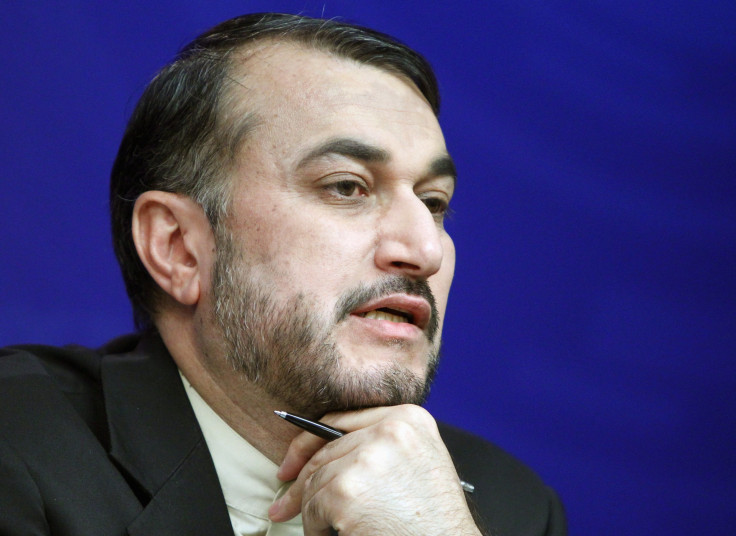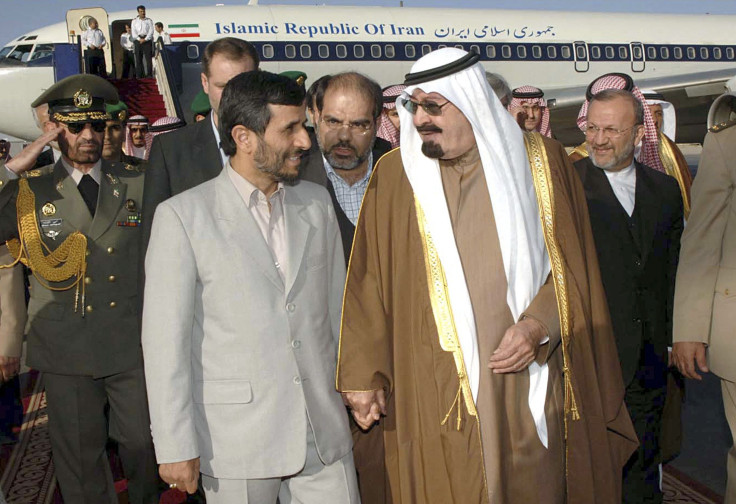Iran-Saudi Arabia Relations: Diplomatic Ties Could Resume Despite Yemen Conflict, Iranian Official Says

A deputy foreign minister in Iran spoke Monday about resuming ties with the nation's long-standing regional rival, following the Iran nuclear deal that has begun warming relations between world powers and Tehran. While both Iran and Saudi Arabia were engaged in what many see as a proxy-war in Yemen, Hossein Amir-Abdollahian, Iran's deputy foreign minister for Arab-African affairs, said that the government hopes to ease tensions with Riyadh.
Relations between Saudi Arabia, which is predominately Sunni and holds broad Western support, and Iran, which is Shia and has difficult relationships with the West, soured amid the Syrian Civil War as Iran backed the reigning Assad regime. They continued to deteriorate after the outbreak of fighting in Yemen, during which each country took opposing sides. However, Amir-Abdollahian said Monday that despite the conflict of interest in Yemen and Syria, the country hoped to resume ties with Saudi Arabia in order to promote regional stability.
"Although Iran does not approve of Saudi Arabia's approach to use pressure to resolve regional problems, especially in Yemen, we believe that Tehran-Riyadh relations should be turned into ordinary and acceptable levels," Amir-Abdollahian told the Islamic Republic News Agency Monday, according to Azerbaijan newspaper Trend.

The July 14 deal between global powers -- including the United States, Russia, China and the United Kingdom -- and Iran, which halted Iranian nuclear developments in exchange for easing economic sanctions, has helped open up the possibility of broader international relations with the Middle Eastern nation. Saudi Arabia and other Gulf countries have previously been wary of the nuclear deal with Iran, suggesting that the country has caused some of the unrest in the Middle East.
"Iran and Saudi Arabia have the capability to cooperate to solve their issues and thus help solve issues of the region as well," Amir-Abdollahian said, while reiterating the nation's official line of policy condemning Saudi airstrikes against Iran-backed Houthi revolutionaries in Yemen, reported Mehr News Agency.
Amir-Abdollahian also said that at the Organization of Islamic Cooperation he discussed regional issues with Saudi Foreign Minister Adel bin Ahmed Al-Jubeir.
"We believe that Iran and Saudi Arabia should engage in a constructive dialogue to act according to their role in fighting terrorism and extremism and to render a more secure and stable Middle East," he said, according to Mehr News Agency.
© Copyright IBTimes 2025. All rights reserved.






















